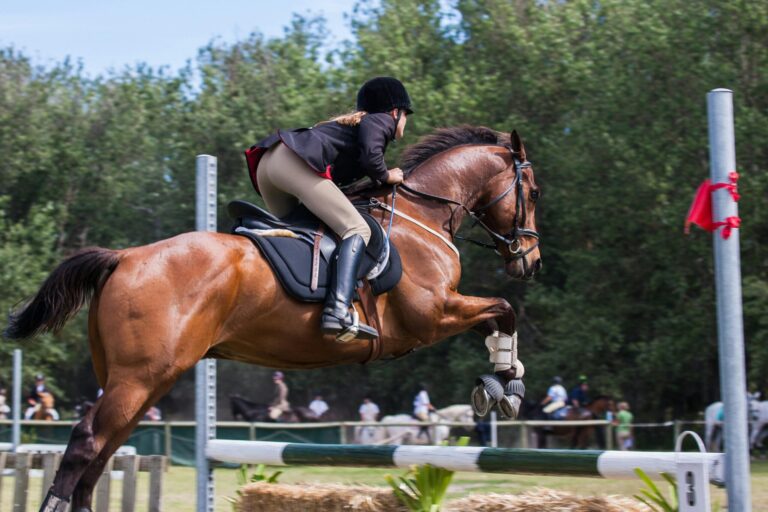Schelstraete’s client sold a horse in mid-2020. Prior to the sale, the horse was vetted by a veterinarian, where a remark was found in the back of the horse. A negative purchase advice was issued and the pre-purchase examination was discontinued. The sale went ahead anyway. More than a month after the delivery of the horse, the buyer stated that the horse has a horn column, navicular disease and arthritis in the hoof joint and as a result is lame. Based on this, the buyer wanted to annul/dissolve the purchase agreement. Schelstraete has set up an extensive defense on behalf of its client and disputed, among other things, that the horse has a horn column, that the alleged veterinary remarks are clinically relevant or that the horse would not be suitable for the purchase purpose. It has also been emphasized that the buyer has not shown that if she had been aware of the alleged veterinary remarks, she would not have bought the horse.
The Court followed Schelstraete’s defense. For example, the Court considered that, even if the horse was affected by the stated veterinary remarks, the buyer did not demonstrate that the horse was therefore not suitable for the purchase purpose (recreational riding and amateur sport). Furthermore, it has not been shown that the buyer would not have bought the horse if she was aware of the alleged veterinary remarks. The Court emphasizes that the horse was purchased after a remark was found in the back during the pre-purchase examination and a negative purchase advice had been issued. Apparently, this did not prevent the buyer from purchasing the horse. In view of the foregoing, the claims of the buyer have been rejected.
The client is assisted by Joëlle Bongers.


